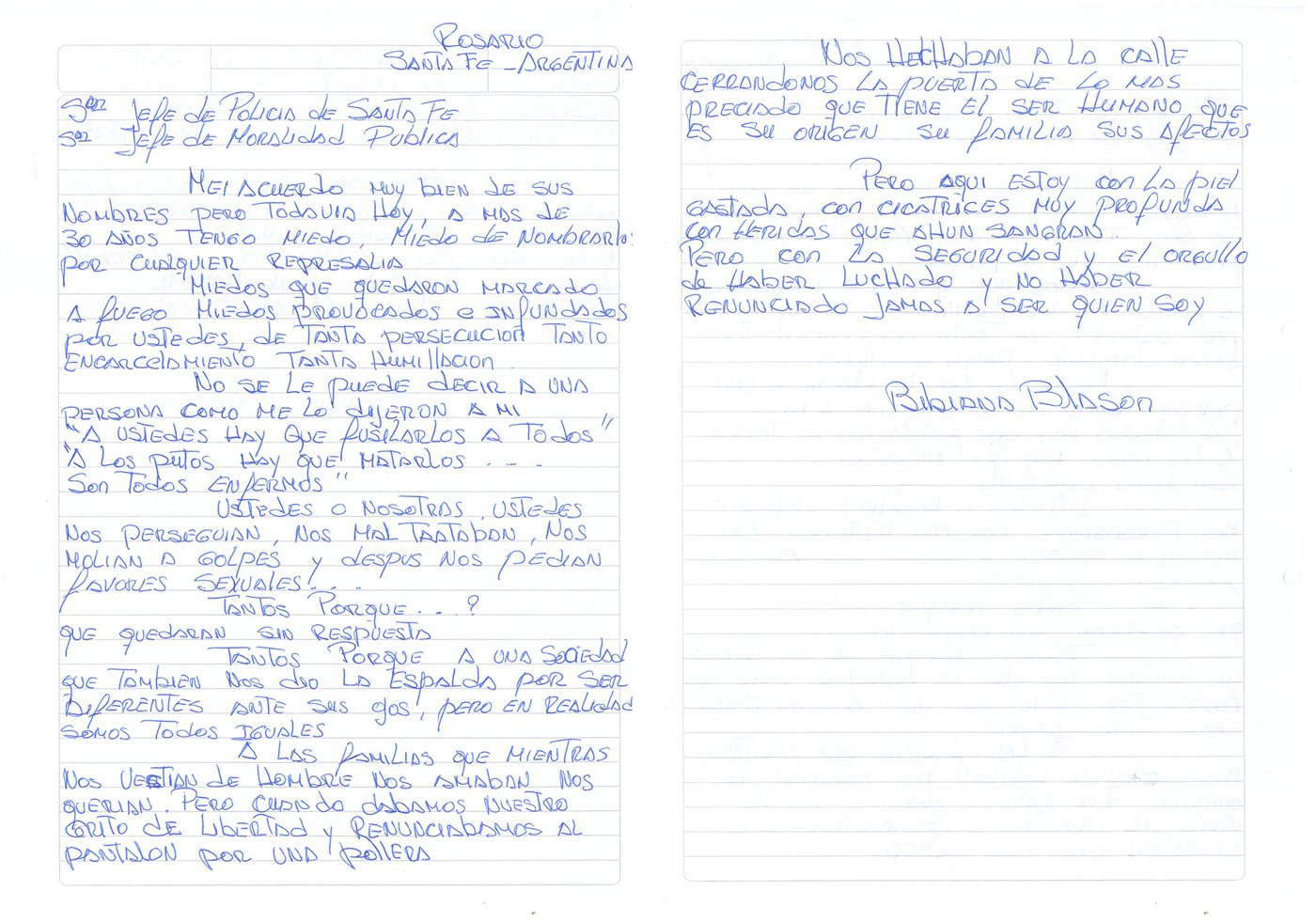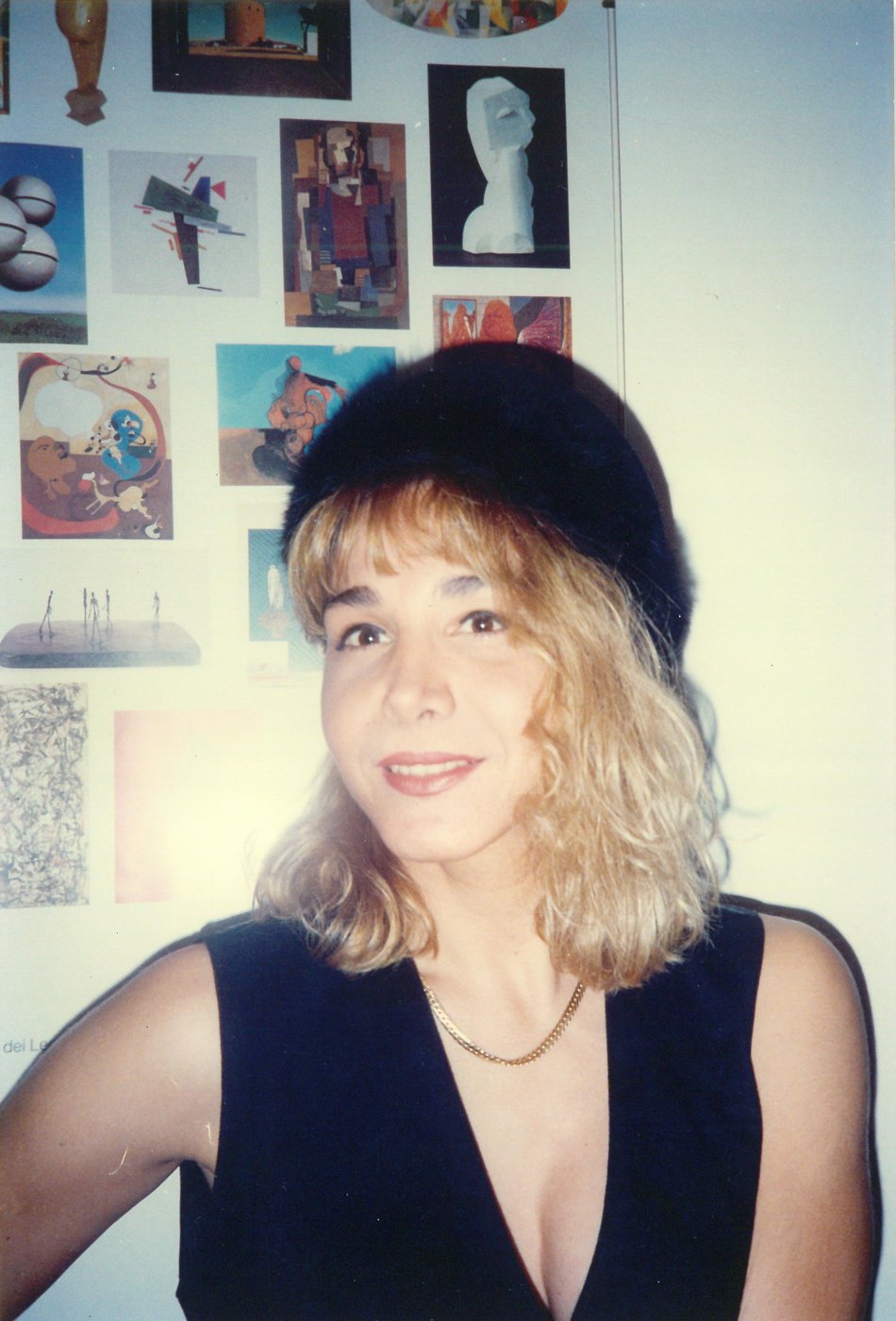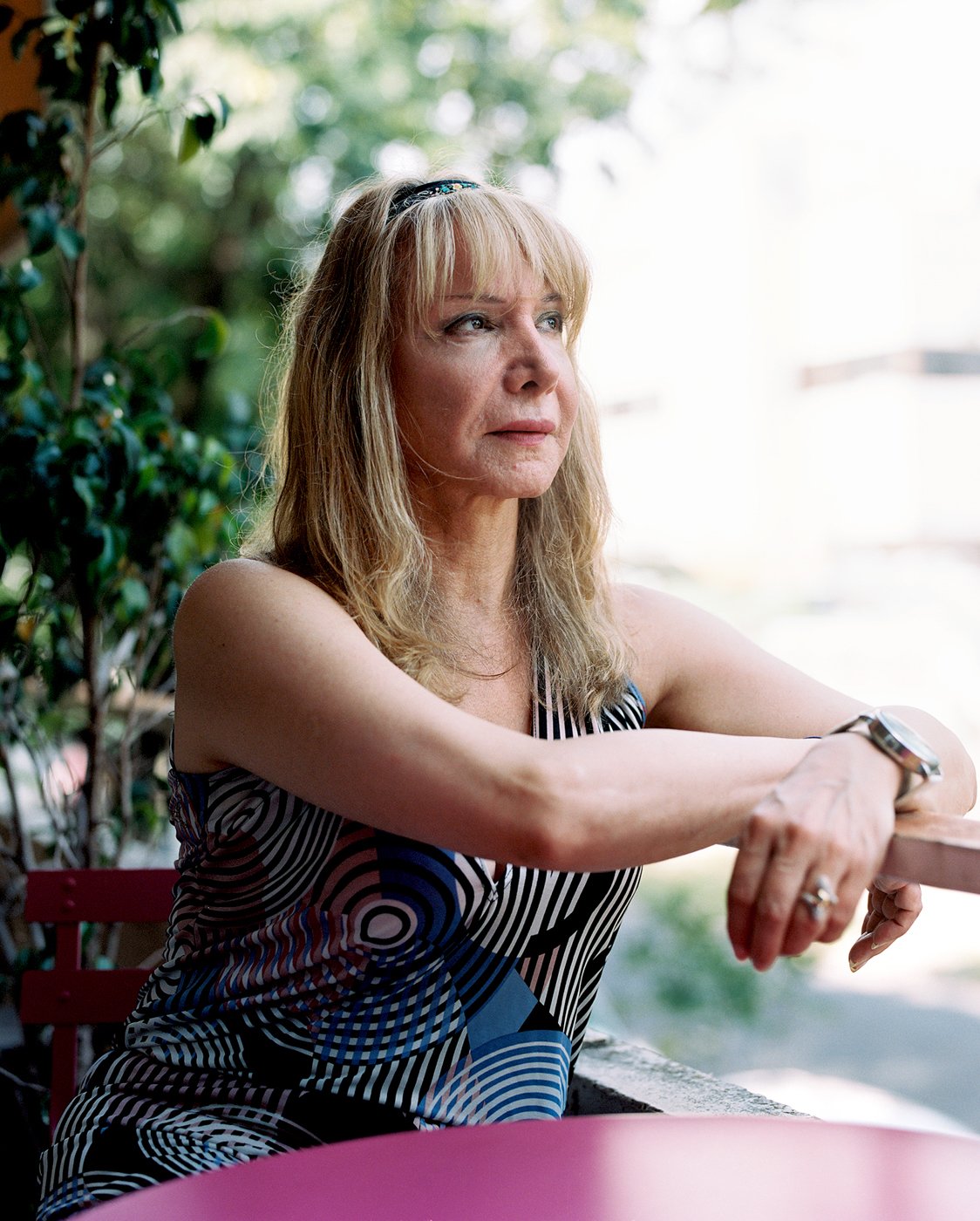QUETZAL MAUCCI
"Siempre seremos quienes somos" (We will always be who we are)
London, England • quetzalmaucci.com





-
From 1973 to roughly 1990, violent military operations were implemented throughout South America to rid countries of leftist political opponents and anyone who showed signs of resistance towards the extreme right-wing governments. “Every Chilean life is shaped by the dictatorship,” explains Carmen Garfias, who was fifteen years old when General Augusto Pinochet overtook Salvador Allende’s government, “Whether you lived through it, or you ran away from it, or you have only heard about it, it is a part of all of us.” These totalitarian regimes seized human rights, forced families apart, instilled terror, and left approximately 60,000 people dead. Millions were forced into exile or imprisoned, hundreds were buried alive, and thousands of people simply vanished. Efforts are in place to bring justice to the victims of these atrocities. However, a specific persecuted, imprisoned and tortured community of trans women are only recently being heard.
Out of a known 40 trans women that were kidnapped in Rosario, Argentina, there are only 13 known survivors. Carolina Boetti is the first trans women in Latin America to receive reparation from the violence that was inflicted on her during the military dictatorship in Argentina. In 2018, after years of legal battles and finding the strength to speak out, these women finally received reparations and recognition for the many years of violence they survived. This marked not only a crucial moment in their lives, but also publicly stated that the government once secretly detained people against their will and used torture tactics to oppress them. These women spent upwards of fifteen years running from prison, torture, and the police. They want their stories to finally be heard. This project is an act of never forgetting.
Through text, audio interviews, portraits, and historical documentation, this project will become a layered story about this reparation, the lives of these extraordinary women, the lawyer involved, the activists behind it, and the younger trans generation who were directly impacted.
-
The mediums I used for this work are photographs both in digital and film formats along with archival photographs, audio, and written letters. Some photographs are layered together for more context including photographs of the participants from their past and/or with letters they wrote to someone who they wanted to talk to from their past. I imagine the prints of the portraits to be large as to celebrate the participants involved (dependent on wall size) and the letters and archival photographs to support the main images. Flexible with sizing. Maybe around 24 x 27 or 27 x 24 inches or bigger if possible for the main portraits and 10x14 inches for the archival photographs. Audio is also part of this work. I would love to incorporate the voices of the individuals photographed. A long-term idea is to make a book.
